The Volkswagen Beetle – officially the Volkswagen Type 1, informally in Germany the Käfer (German, "beetle") and in parts of the English-speaking world the Bug – is a two-door, five-passenger, rear-engine economy car that was manufactured and marketed by German automaker Volkswagen (VW) from 1938 until 2003.
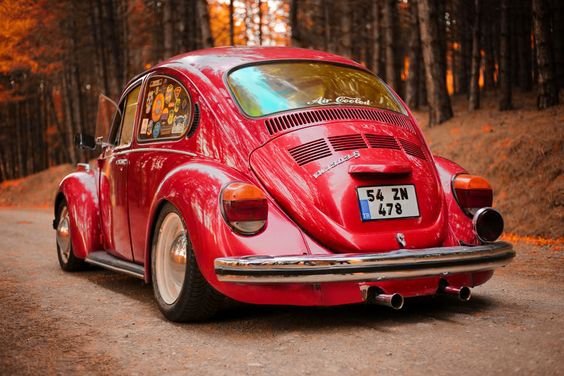
The need for a people's car ("Volkswagen" in German), its concept and its functional objectives, was formulated by the leader of Nazi Germany, Adolf Hitler, who wanted a cheap, simple car to be mass-produced for his country's new road network. Lead engineer Ferdinand Porsche and his team took until 1938 to finalise the design. The influence on Porsche's design of other contemporary cars, such as the Tatra V570, and the work of Josef Ganz remains a subject of dispute. The result was the first Volkswagen, and one of the first rear-engined cars since the Brass Era. With 21,529,464 produced, the Beetle is the longest-running and most-manufactured car of a single platform ever made.
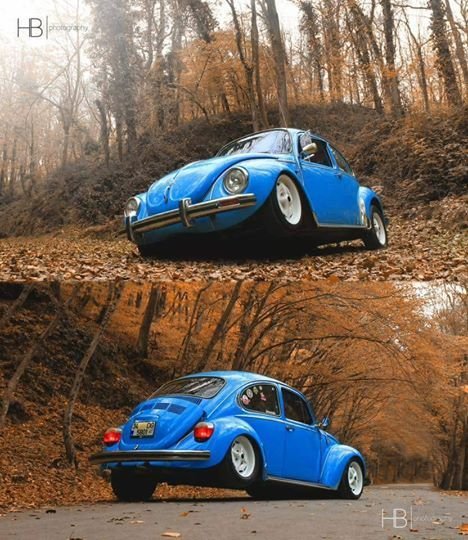
Although designed in the 1930s, the Beetle was only produced in significant numbers from 1945 on (mass production had been put on hold during the Second World War) when the model was internally designated the Volkswagen Type 1, and marketed simply as the Volkswagen (or "People's Car"). Later models were designated Volkswagen 1200, 1300, 1500, 1302 or 1303, the former three indicating engine displacement, the latter two derived from the type number. The model became widely known in its home country as the Käfer (German for "beetle") and was later marketed as such in Germany, and as the Volkswagen in other countries. For example, in France it was known as the Coccinelle (French for ladybug).
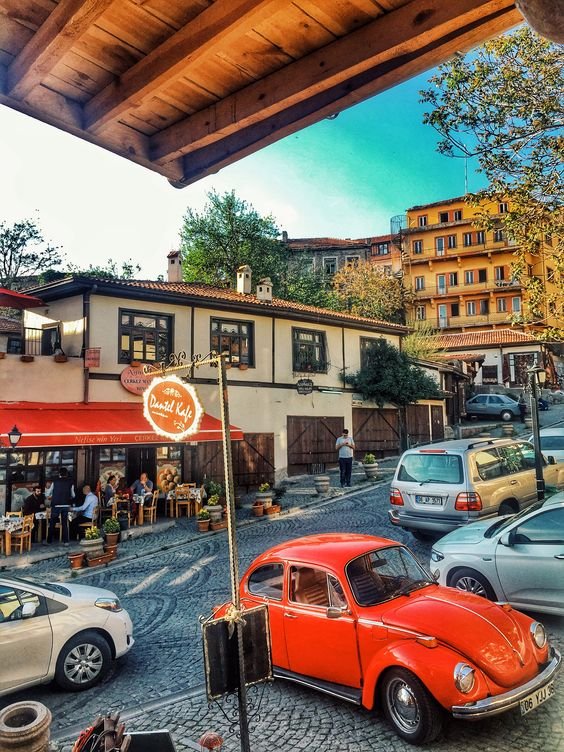
The original 25 hp Beetle was designed for a top speed around 100 km/h (62 mph), which would be a viable speed on the Reichsautobahn system. As Autobahn speeds increased in the postwar years, its output was boosted to 36, then 40 hp, the configuration that lasted through 1966 and became the "classic" Volkswagen motor. The Beetle ultimately gave rise to variants, including the Karmann Ghia, Type 2 and external coach builders. The Beetle marked a significant trend, led by Volkswagen, Fiat, and Renault, whereby the rear-engine, rear-wheel-drive layout increased from 2.6 percent of continental Western Europe's car production in 1946 to 26.6 percent in 1956.

The 1948 Citroën 2CV and other European models marked a later trend to front-wheel drive in the European small-car market, a trend that would come to dominate that market. In 1974, Volkswagen's own front-wheel drive Golf model succeeded the Beetle. In 1994, Volkswagen unveiled the Concept One, a "retro"-themed concept car with a resemblance to the original Beetle, and in 1998 introduced the "New Beetle", built on the contemporary Golf platform with styling recalling the original Type 1. It remained in production through 2010, being succeeded in 2011 by the more aggressively styled Beetle (A5), which was also more reminiscent of the original Beetle.
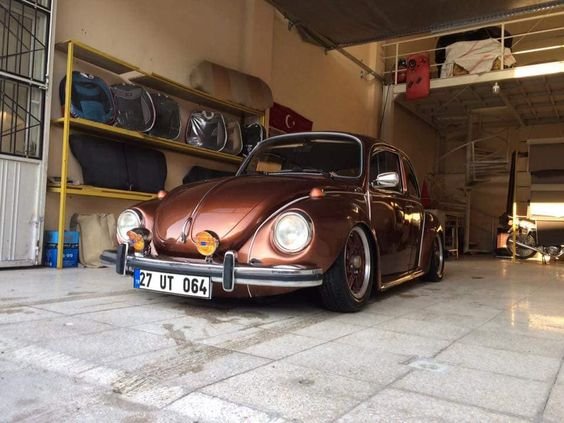
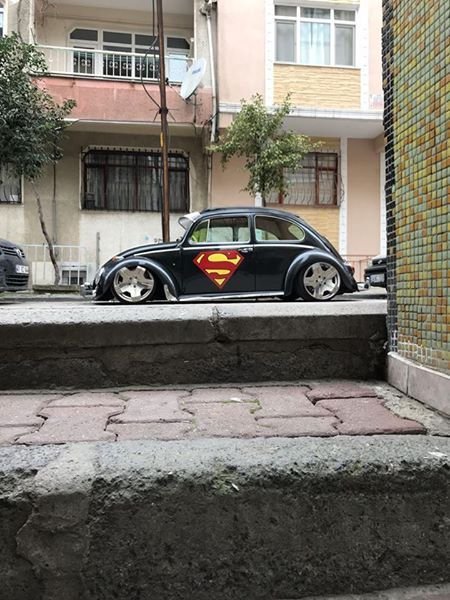
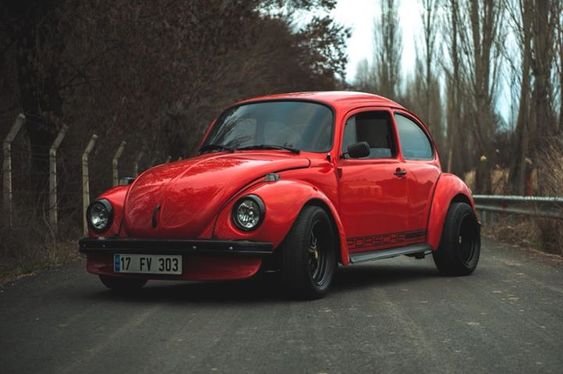
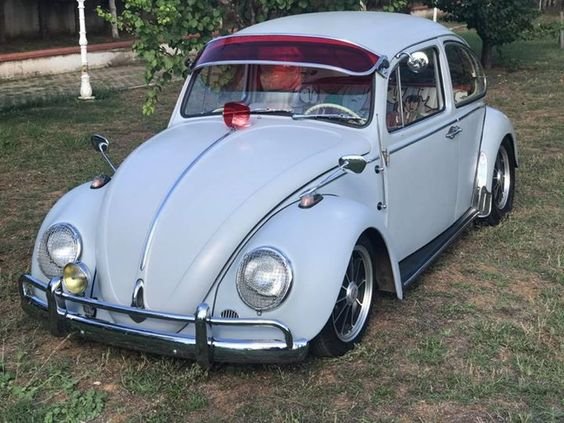

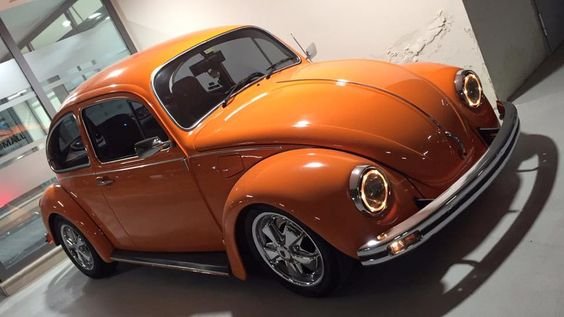
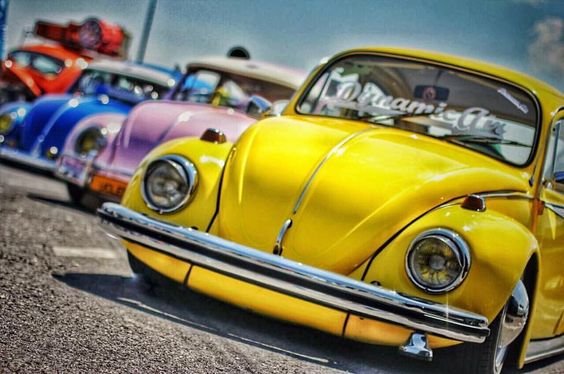
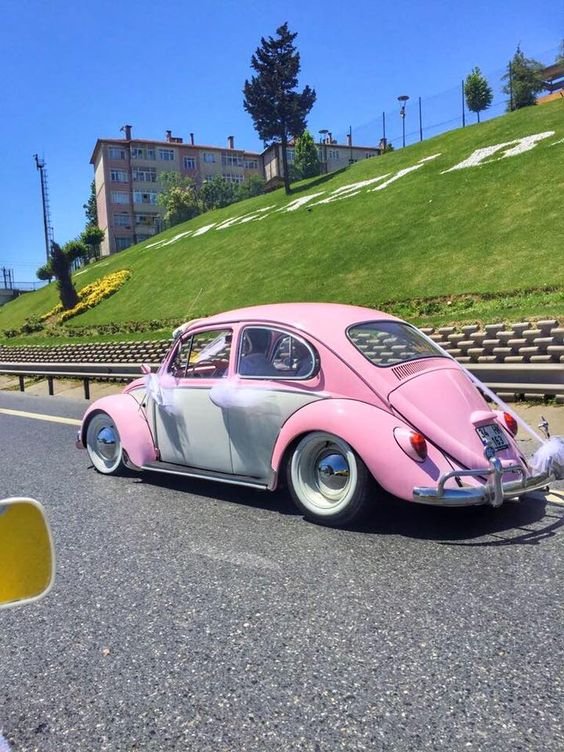
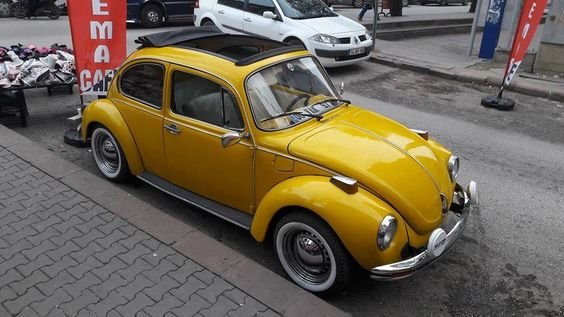
Hi! I am a robot. I just upvoted you! I found similar content that readers might be interested in:
https://en.wikipedia.org/wiki/Volkswagen_Beetle
Congratulations! This post has been upvoted from the communal account, @minnowsupport, by AirdropSinyal from the Minnow Support Project. It's a witness project run by aggroed, ausbitbank, teamsteem, theprophet0, someguy123, neoxian, followbtcnews, and netuoso. The goal is to help Steemit grow by supporting Minnows. Please find us at the Peace, Abundance, and Liberty Network (PALnet) Discord Channel. It's a completely public and open space to all members of the Steemit community who voluntarily choose to be there.
If you would like to delegate to the Minnow Support Project you can do so by clicking on the following links: 50SP, 100SP, 250SP, 500SP, 1000SP, 5000SP.
Be sure to leave at least 50SP undelegated on your account.